By Eric Schwaab, Rod Fujita and Jacqui Vogel
Climate change is already transforming the distribution and abundance of fish stocks around the world. Warming temperatures, lower pH levels and many other factors are causing many fish species to shift to better habitats and others to shrink in abundance. This is problematic for the communities that rely on these stocks, especially when the shifts cross jurisdictional boundaries, such as those between fishery management zones or national exclusive economic zones, known as EEZs.
Climate-induced stock shifts are causing more overfishing, illegal, unregulated, and unreported fishing, discarding, higher fuel use, injustice and even armed conflict. Unless fishery management and fisheries become more adaptive and resilient to climate change, these problems will only worsen, but it’s not too late for solutions like flexible allocation systems, dynamic spatial management, ocean observing systems and international collaboration. Read More










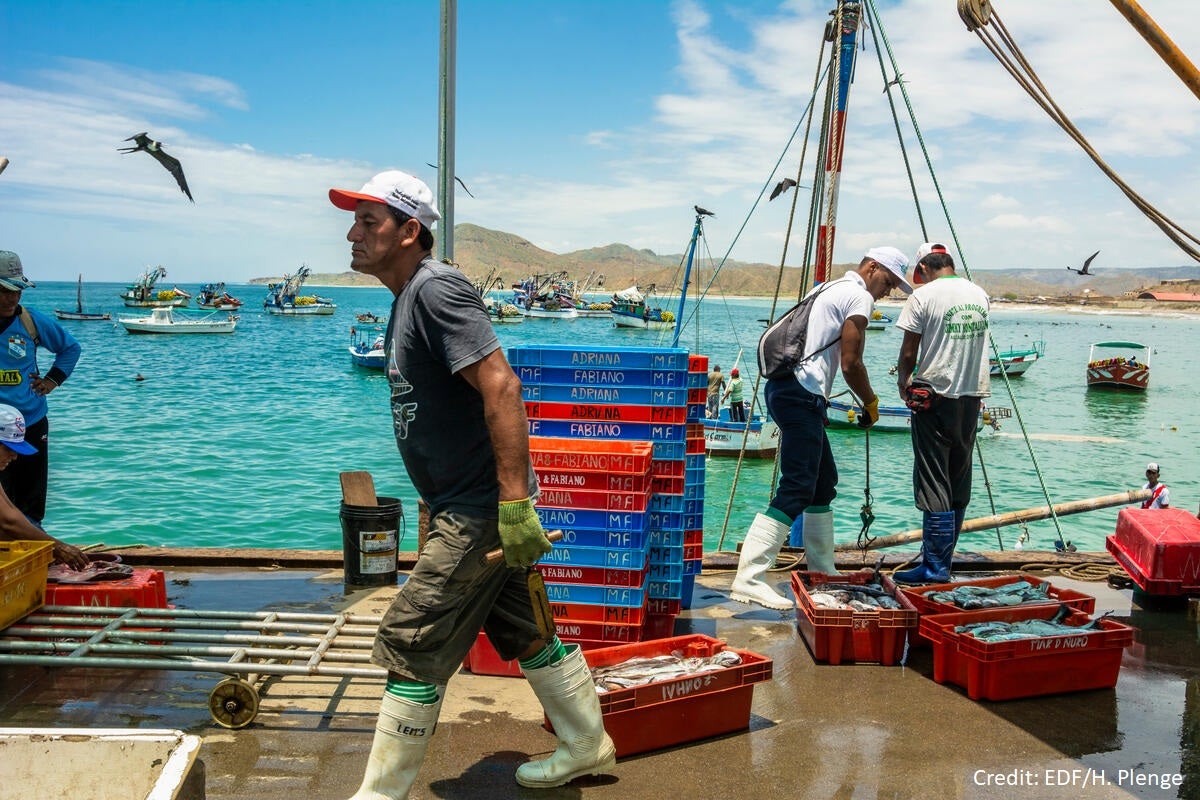
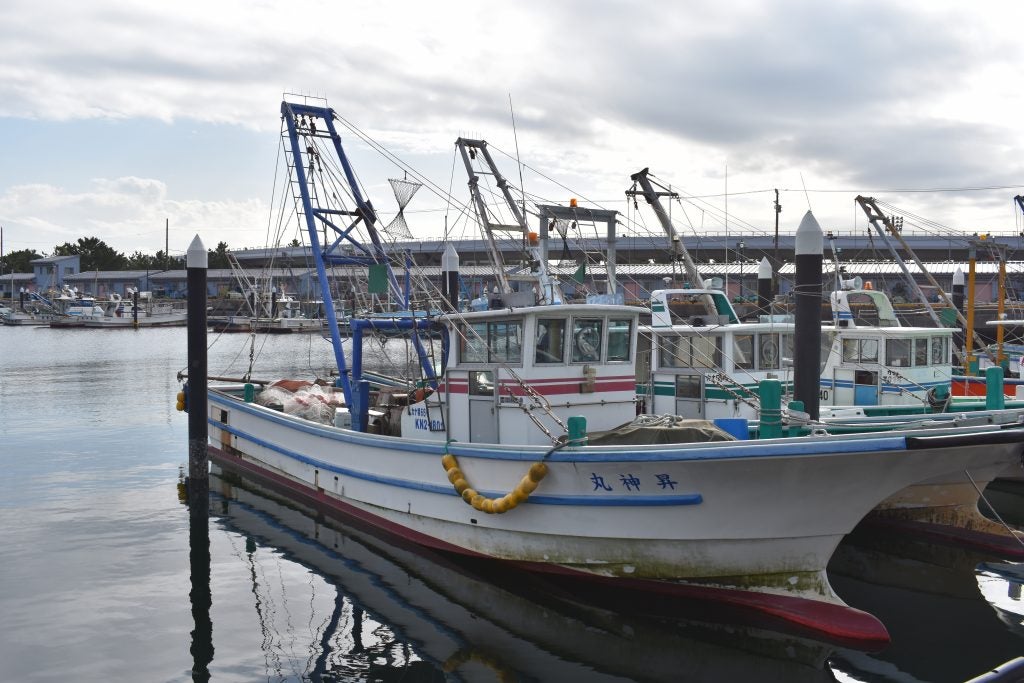
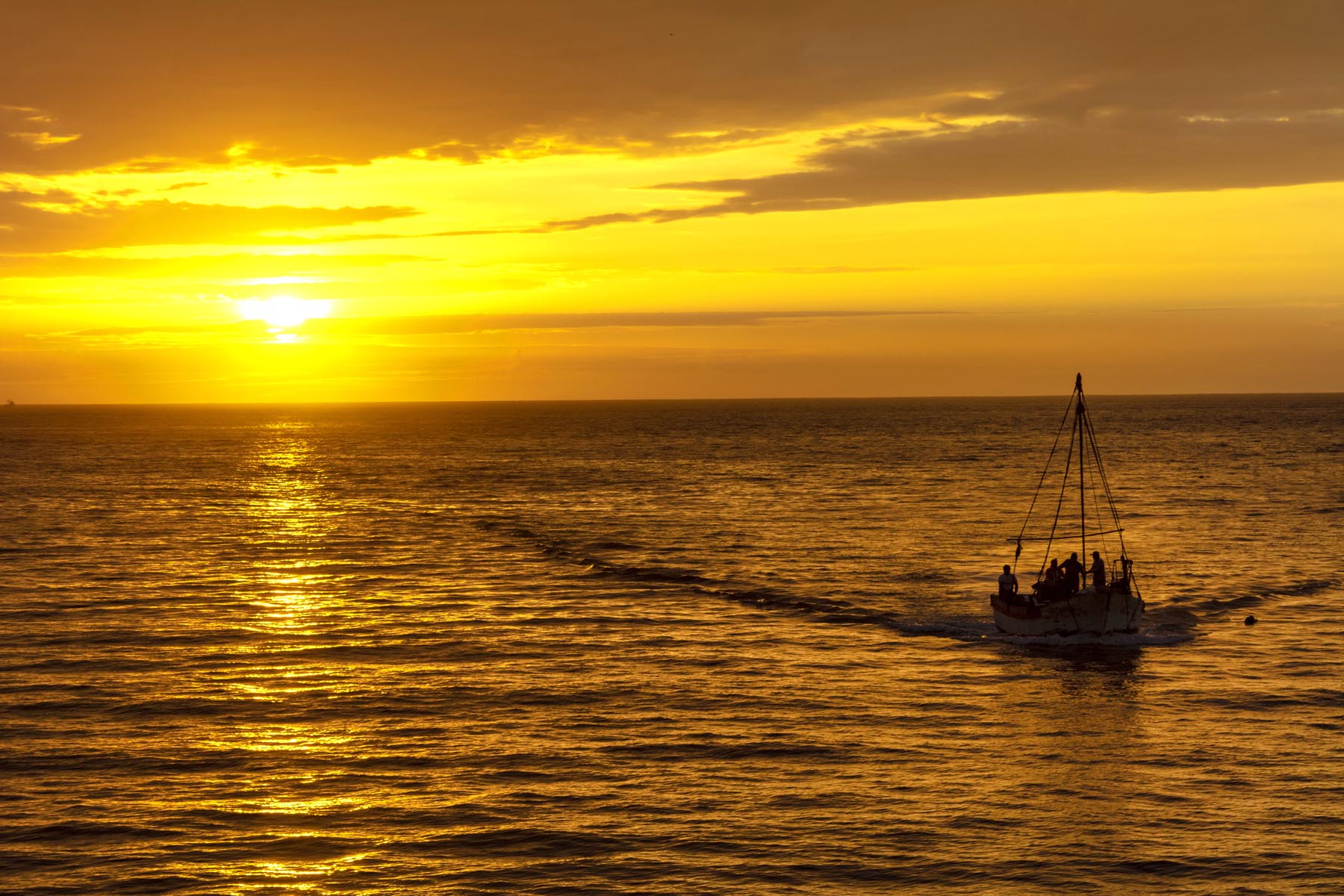
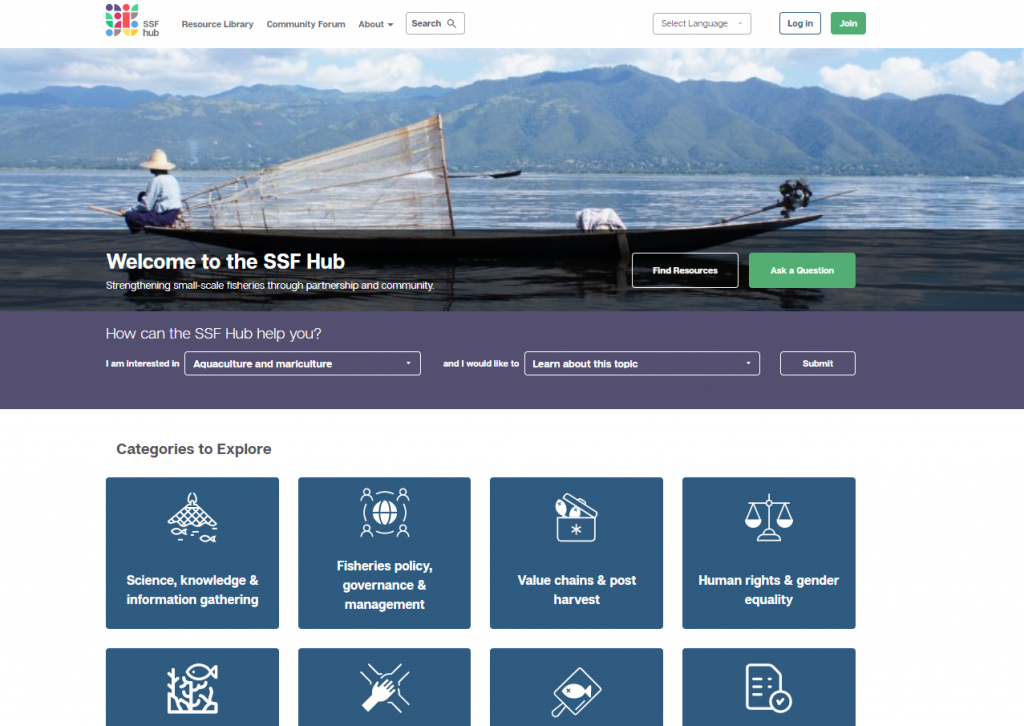
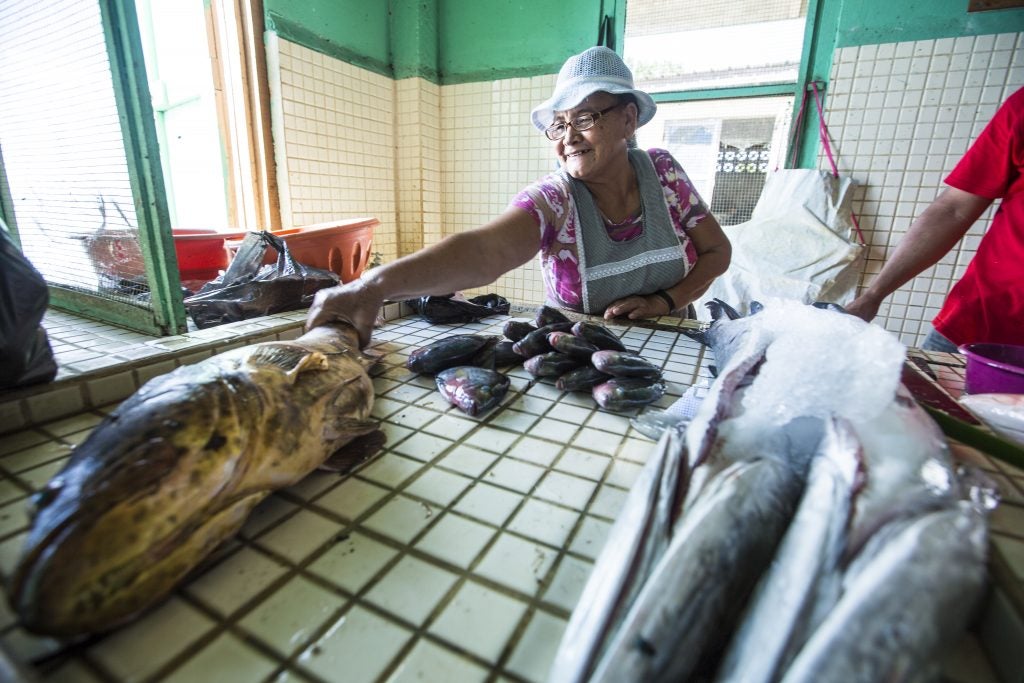 In many fisheries, many species are caught at the same time. These are called multispecies fisheries, and the fact that they catch many species together, with the same gears, means that the different species are caught at the same rate. The trouble is, some species are productive enough to withstand high catches while others are not. So as a result, the low-productivity species get fished out, reducing overall yield, markets for diverse species and economic and ecological resilience — resulting in serial depletion. While many single-species fisheries are becoming more sustainable thanks to science-based management strategies, multispecies fisheries often face greater sustainability challenges, and these challenges will grow in the face of climate change.
In many fisheries, many species are caught at the same time. These are called multispecies fisheries, and the fact that they catch many species together, with the same gears, means that the different species are caught at the same rate. The trouble is, some species are productive enough to withstand high catches while others are not. So as a result, the low-productivity species get fished out, reducing overall yield, markets for diverse species and economic and ecological resilience — resulting in serial depletion. While many single-species fisheries are becoming more sustainable thanks to science-based management strategies, multispecies fisheries often face greater sustainability challenges, and these challenges will grow in the face of climate change.  Editrudith Lukanga is a global leader on small-scale fisheries issues, addressing challenges such as gender equity, food security and poverty alleviation. She lives in Tanzania and is the founder and executive director of the Environmental Management and Economic Development Organization, a non-profit development organization working on environmental and socioeconomic challenges in her country. Her commitment to supporting small-scale fishing communities led to the establishment of Tanzania Women Fish Workers Association. She also serves as co-president of the World Forum of Fish Harvesters and Fish Workers and is secretary general of the African Women Fish Processors and Traders Network.
Editrudith Lukanga is a global leader on small-scale fisheries issues, addressing challenges such as gender equity, food security and poverty alleviation. She lives in Tanzania and is the founder and executive director of the Environmental Management and Economic Development Organization, a non-profit development organization working on environmental and socioeconomic challenges in her country. Her commitment to supporting small-scale fishing communities led to the establishment of Tanzania Women Fish Workers Association. She also serves as co-president of the World Forum of Fish Harvesters and Fish Workers and is secretary general of the African Women Fish Processors and Traders Network.